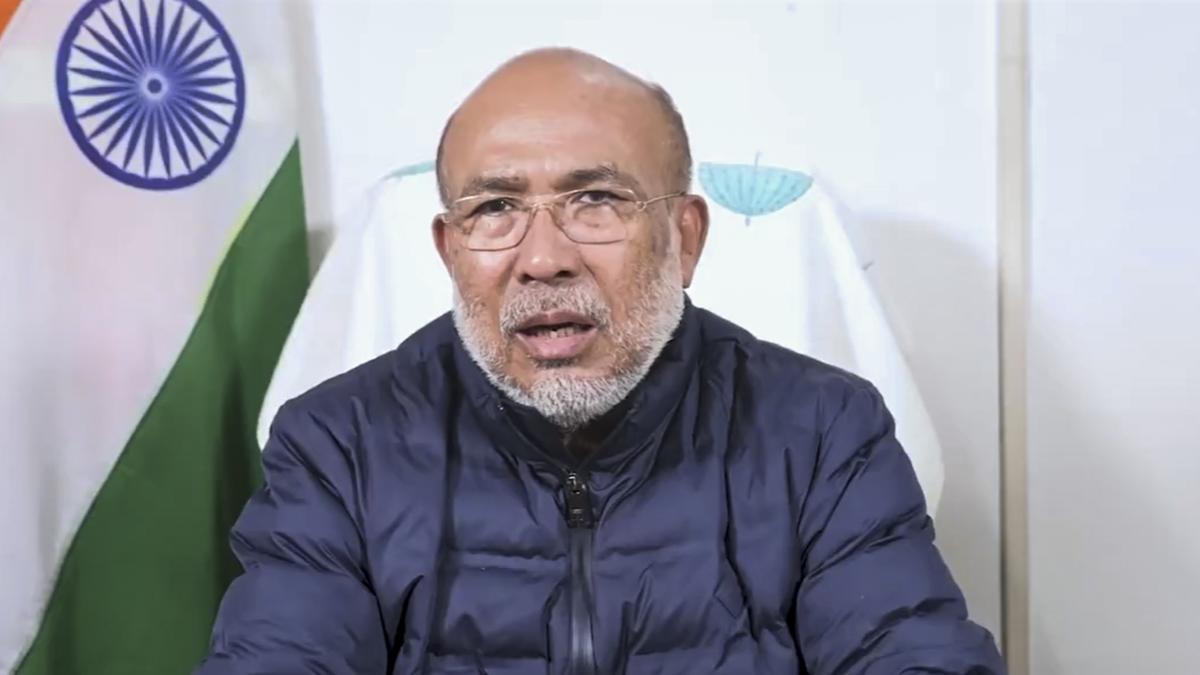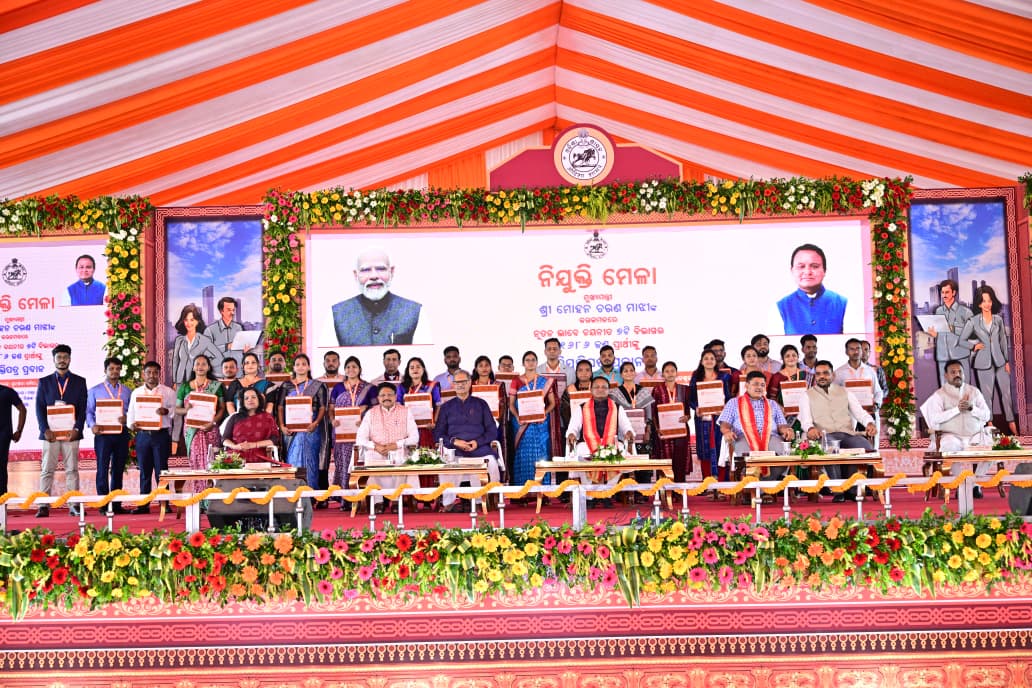By The Hindu Bureau
Copyright thehindu

The law to regulate the issuance of caste certificates for the Scheduled Caste and Other Backward Class communities in Manipur, introduced by the erstwhile Manipur government in 2024 amidst the ethnic conflict in the State, has now received the assent of the President.
The law was brought by the then Chief Minister N. Biren Singh-led government in 2024, and is meant to “prevent fraudulent cases” of people claiming caste status and to bring uniformity in the processes for issuing caste certificates, according to the Bill’s Statement of Objects and Reasons.
Manipur has seven communities classified as SC and four communities categorised as OBC. Reservation in public education and employment for SCs is prescribed in Manipur at 2% and for OBCs at 17%. For STs, the reservation is 31%.
The provisions of the law set out procedures for applying for caste certificates, competent authorities for issuing the certificates, and scrutiny committees to verify them, offences and penalties, among other things. The Bill had added that most other States had already framed such provisions.
Notably, the law, which received the Presidential assent in July this year, provides for the setting up of one or more Scrutiny Committees, which are meant to verify suspicious caste certificates. It also gives these committees the power to verify a caste certificate suo motu, adding that the decision of the committee would be final and can only be challenged in the High Court.
However, it adds that the caste certificate of the person will remain valid during the process of such verification until a final decision is arrived at regarding its cancellation.
While several States like Maharashtra and Andhra Pradesh do have specific laws to regulate caste certificates, several others regulate caste certificates through executive orders and circulars. States like Maharashtra also have provisions for setting up Scrutiny Committees with similar powers, but some States like Andhra Pradesh have given this power of suo motu verification to the District Collector.



